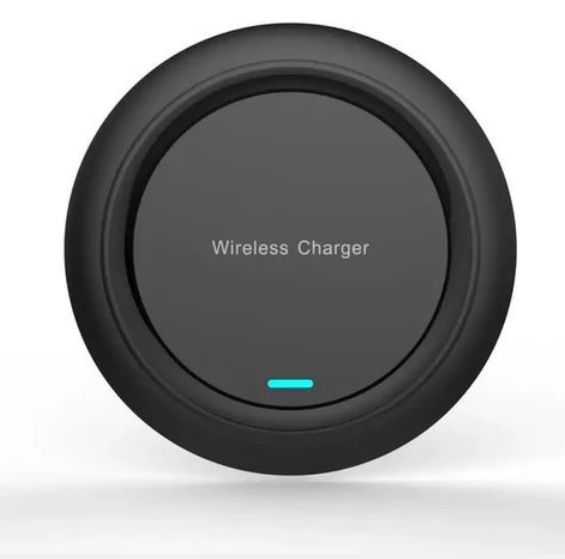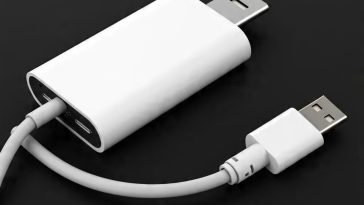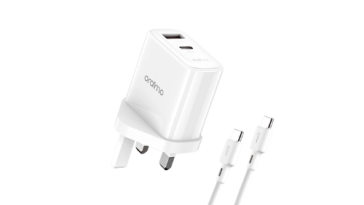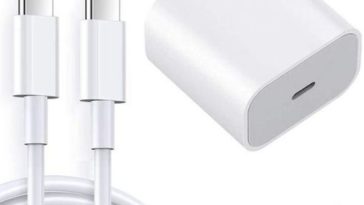Wireless Chargers vs. Traditional Cable: Which One Wins?
- In the fast-paced world of mobile technology, staying charged is essential. As mobile devices continue to evolve, so do the chargers that power them. Two major contenders have emerged in the charging game.each offer unique benefits,but which one truly wine when it comes to convenience, speed and overall performance?
🔌 Traditional Cables Chargers: The Classic Choice
Cable chargers have been the go-to method for powering up devices for decades. These chargers plug directly into your phone’s charging port, offering a stable and fast connection.
✅ Pros of Traditional Cable Chargers:
- Faster charging speeds: Wired charging is still significantly faster than most wireless options, especially with fast-charging USB-C or Lightning cables.
- Reliable connection: Less room for misalignment or error—just plug and charge.
- Data transfer: Cable chargers double as a way to sync data between your phone and computer.
- More affordable: Generally cheaper and widely available.
❌ Cons:
- Wear and tear: Cables can fray or break with frequent use.
- Less convenient: You have to physically plug your device in each time.
- Clutter: Multiple cables can lead to a tangled mess, especially when traveling.
📡 Wireless Chargers: The Future of Convenience
Wireless chargers offer a sleek, cord-free way to recharge your device. By placing your phone on a charging pad or stand, power is transferred via electromagnetic induction.
✅ Pros of Wireless Chargers:
- Convenience: Just drop your phone on the pad—no cables to connect or unplug.
- Less wear on ports: Helps preserve your phone’s charging port over time.
- Minimalist design: Fewer cables, cleaner workspace.
- Compatibility: Most modern smartphones support Qi wireless charging standards.
❌ Cons:
- Slower charging: Even the fastest wireless chargers are generally slower than cable counterparts.
- Device placement matters: Your phone must be positioned correctly to charge efficiently.
- Not ideal for multitasking: Hard to use your phone while it’s charging on a pad.
- More expensive: Wireless chargers often cost more than traditional cables.
⚖️ So, Which One Wins?
It depends on your priorities.
- If speed and efficiency are your top concerns—traditional cable chargers are still king.
- If you value convenience and a clutter-free lifestyle, wireless chargers offer a modern, hands-free experience.
For most people, the ideal setup includes both types of chargers: a fast cable charger for when you need a quick boost, and a wireless charger for overnight or desk-side charging.
🔋 Final Thoughts
In the world of chargers, it’s not about one being better than the other—it’s about what suits your lifestyle. Whether you go wireless or stick with cables, make sure your mobile charger supports your device’s power needs and charging standards.





 No products in the cart.
No products in the cart.